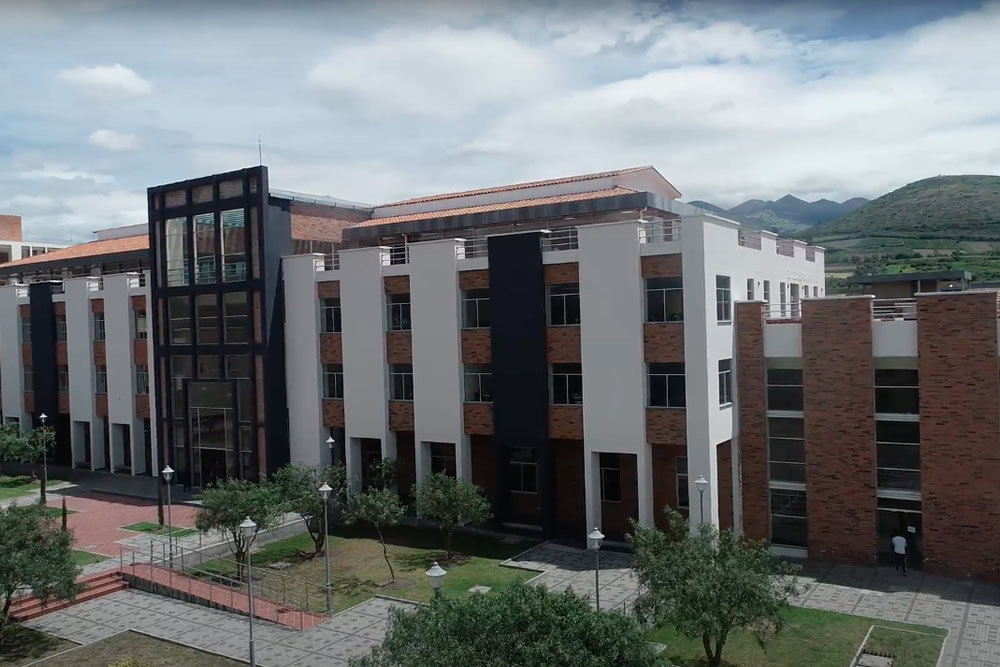Light and video microscopy / Randy Wayne.
Tipo de material: TextoIdioma: Inglés Detalles de publicación: Amsterdam ; Boston : Academic Press/Elsevier, 2009.Descripción: xii, 289 pages, [4] pages of plates : illustrations (some colours) ; 29 cmISBN:
TextoIdioma: Inglés Detalles de publicación: Amsterdam ; Boston : Academic Press/Elsevier, 2009.Descripción: xii, 289 pages, [4] pages of plates : illustrations (some colours) ; 29 cmISBN: - 012374234X (hbk.)
- 9780123742346 (hbk.)
- 570.282 23 W3594l 2009
- QH205.2 .W39 2009
| Tipo de ítem | Biblioteca actual | Signatura | Copia número | Estado | Fecha de vencimiento | Código de barras | Reserva de ítems | |
|---|---|---|---|---|---|---|---|---|
 Colección general
Colección general
|
Biblioteca Yachay Tech | 570.282 W3594l 2009 (Navegar estantería(Abre debajo)) | Ej. 1 | Disponible | 005209 |
Includes bibliographical references (pages 247-271) and index.
1. The relation between the object and the image -- 2. The geometric relationship between object and image -- 3. The dependence of image formation on the nature of light -- 4. Bright field microscopy -- 5. Photomicrography -- 6. Methods of generating contrast -- 7. Polarization microscopy -- 8. Interference microscopy -- 9. Differential interference contrast (DIC) microscopy -- 10. Amplitude modulation contrast microscopy -- 11. Fluorescence microscopy -- 12. Various types of microscopes and accessories -- 13. Video and digital microscopy -- 14. Image processing and analysis -- 15. Laboratory exercises.
The purpose of this book is to provide the most comprehensive, easy-to-use, and informative guide on light microscopy. Light and Video Microscopy will prepare the reader for the accurate interpretation of an image and understanding of the living cell. With the presentation of geometrical optics, it will assist the reader in understanding image formation and light movement within the microscope. It also provides an explanation of the basic modes of light microscopy and the components of modern electronic imaging systems and guides the reader in determining the physicochemical information of living and developing cells, which influence interpretation. Brings together mathematics, physics, and biology to provide a broad and deep understanding of the light microscope. Clearly develops all ideas from historical and logical foundations. Laboratory exercises included to assist the reader with practical applications. Microscope discussions include: bright field microscope, dark field microscope, oblique illumination, phase-contrast microscope, photomicrography, fluorescence microscope, polarization microscope, interference microscope, differential interference microscope, and modulation contrast microscope.
No hay comentarios en este titulo.




